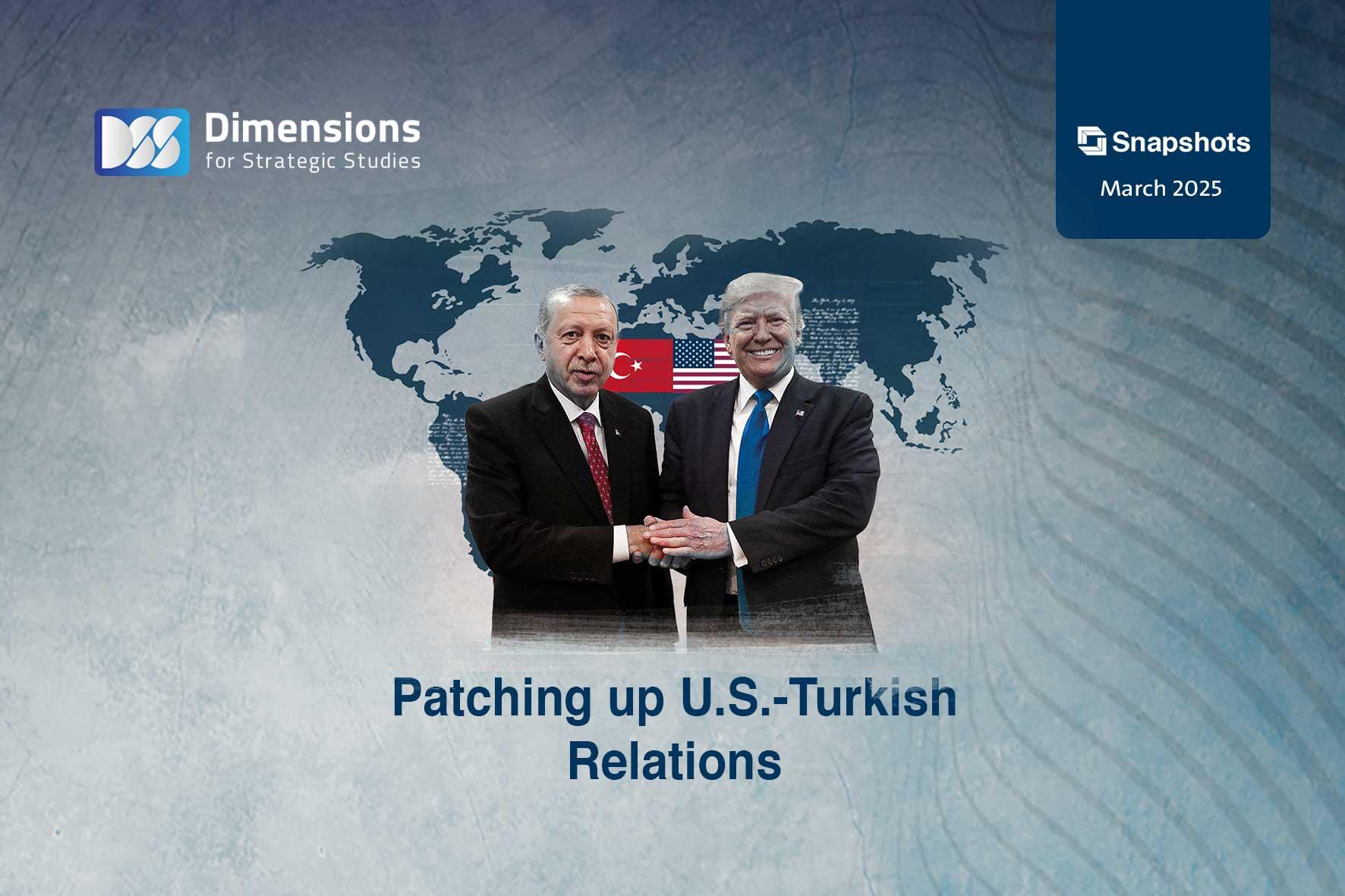
Patching up U.S.-Turkish Relations
2025-03-2612384 view
Since mid-March, communications have intensified between the U.S. and Turkish administrations, with reports that the White House is considering facilitating the sale of F-16 fighter jets to Türkiye in order to modernize its air fleet—a deal that had long been blocked by the previous Democratic administration, despite approval by Congress in early 2024.
So does the shift underway suggest we are about to see a new era of cooperation between Washington and Ankara?
It is noteworthy that the Trump administration has refrained from commenting on the arrest of Istanbul mayor Ekrem İmamoğlu, a key opposition figure, on charges of corruption, extortion and terrorism. The U.S. State Department made do with stressing that it does not interfere in the internal affairs of other countries—a stance reflecting the administration’s desire for positive relations with Türkiye.
The Trump administration has many reasons to cooperate with Ankara. First, warmer ties could allow the U.S. to implement a “coordinated withdrawal” of its troops from Syria, without leaving a security vacuum that the Islamic State group (ISIS) could exploit. Coordination with the Turkish authorities could also help prevent the return of Iranian influence in Syria, reducing Tehran’s footprint in Iraq as well.
Türkiye could also contribute to the ceasefire agreement the Trump administration seeks to achieve between Ukraine and Russia.
Washington, which sees its economic confrontation with China as a priority, likely wants to draw a line under years of tensions with Ankara, in order to ensure Turkish cooperation in reducing China’s economic influence in the Middle East and Europe, given Türkiye’s position as a key transit route between China and Europe.
From a Turkish perspective, improved relations could persuade Washington to reduce its support for the Syrian Democratic Forces (SDF), pushing them to integrate into the Syrian state and end their cross-border presence in Iraq’s Qandil Mountains—especially given that the Kurdistan Workers’ Party (PKK) leadership in Qandil would likely to face further challenges due to American pressure on Iraq to distance itself from Iran.
More broadly, given the Trump administration’s economic priorities, it is likely to cooperate more closely with actors in the Middle East that serve its vision, such as Türkiye and Saudi Arabia. Consequently, Israeli interests will no longer be the sole determinant of Washington’s policies in the region.





